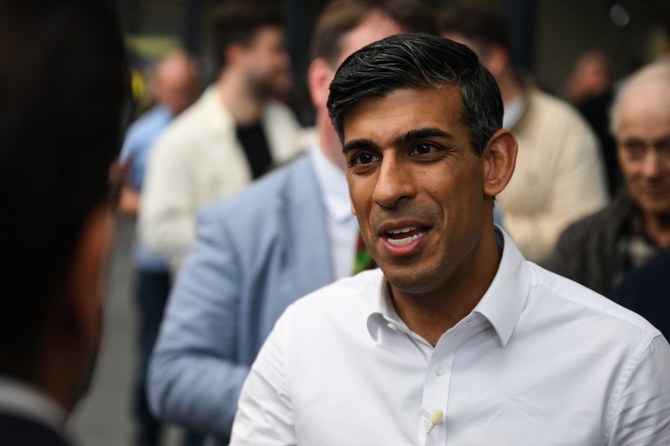
The new energy secretary, Claire Coutinho, has followed a path well trodden by high-profile Tories, from Oxford University, via the City and the thinktanks of Westminster, to the cabinet table.
She takes over a department created only six months ago, which faces both the immediate challenge of overseeing the energy sector through another tough winter; and a slew of longer-term questions about the government’s net zero strategy.
Like many of the fresh batch of Conservative MPs catapulted into parliament after 2019’s “get Brexit done” election, Coutinho is staunchly behind Britain’s exit from the EU – she once said she wanted to be an MP so she could deliver Brexit “from the inside”.
She has also highlighted the environment as an issue she cares about – as a member of the Conservative Environment Network before joining government.
But she will have to walk a difficult path, between her party’s stated commitment to net zero, a position enshrined when Theresa May committed the UK to achieving carbon neutrality by 2050 in one of her last acts as prime minister, and Rishi Sunak’s apparent belief that a more sceptical position could win his party much-needed votes.
Sunak repeatedly reaffirmed his enthusiasm for the environment during last year’s leadership election, attributing it to his daughters’ concerns for the planet’s future.
But after the Tories narrowly won July’s Uxbridge byelection – ostensibly because of the unpopularity of the ultra-low emission zone (Ulez) there – Sunak used a photo-op inside Margaret Thatcher’s old Rover to promise to review “anti-car” policies.
Coutinho will now have to navigate this tricky political territory – other contentious issues within her party include onshore windfarms and the rollout of heat pumps.
Like Sunak, the 38-year-old Coutinho has spoken with pride about her Indian background, using her maiden speech to praise her grandmother, describing her as “the single greatest emblem of Conservative values that I know,” a teacher, who “took her fashion lead firmly from the queen”.
Also like Sunak, Coutinho’s parents worked in the NHS, and she attended a private school – in her case, James Allen’s girls’ school in Dulwich, south London. From there, she went on to study maths and philosophy at Oxford.
After graduating, she crisscrossed between the private sector and the world of politics – including two years at Iain Duncan Smith’s thinktank the Centre for Social Justice (CSJ) and a stint at the big-four accountancy firm KPMG.
She inherited the super-safe Conservative seat of East Surrey from Sam Gyimah – who was a rising Tory star himself before he defected to the Liberal Democrats over Brexit, just months before the 2019 general election.
Before that, she had served as a special adviser, including to Sunak at the Treasury, at an earlier stage of his own fast-track cabinet career.
Liz Truss had already brought Coutinho into government, giving her a junior role at the Department for Work and Pensions during her short-lived tenure at No 10 last year.
Sunak then made her a children’s minister at the Department for Education, where she championed the expansion of free nursery care.
Green campaigners will hope her track record will now help her to secure the backing of the Treasury – notorious at Westminster as a roadblock against environmental policies. Her work at the CSJ also suggests a glimmer of interest in the challenges of low-income families facing high energy bills this winter.
But observers hoping Coutinho will be prepared to rock the boat may well be disappointed: another key characteristic of her time at Westminster has been determined loyalty to the prime minister.
On entering parliament, she served as his parliamentary private secretary, a role that involves liaising with backbench MPs. And just as Sunak benefited from his staunch support for Boris Johnson, Coutinho’s loyalty appears to have served her well.












